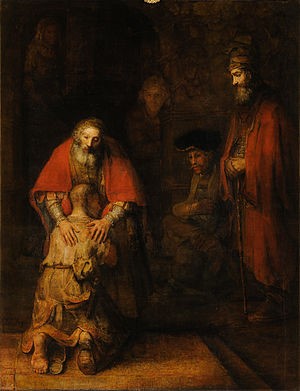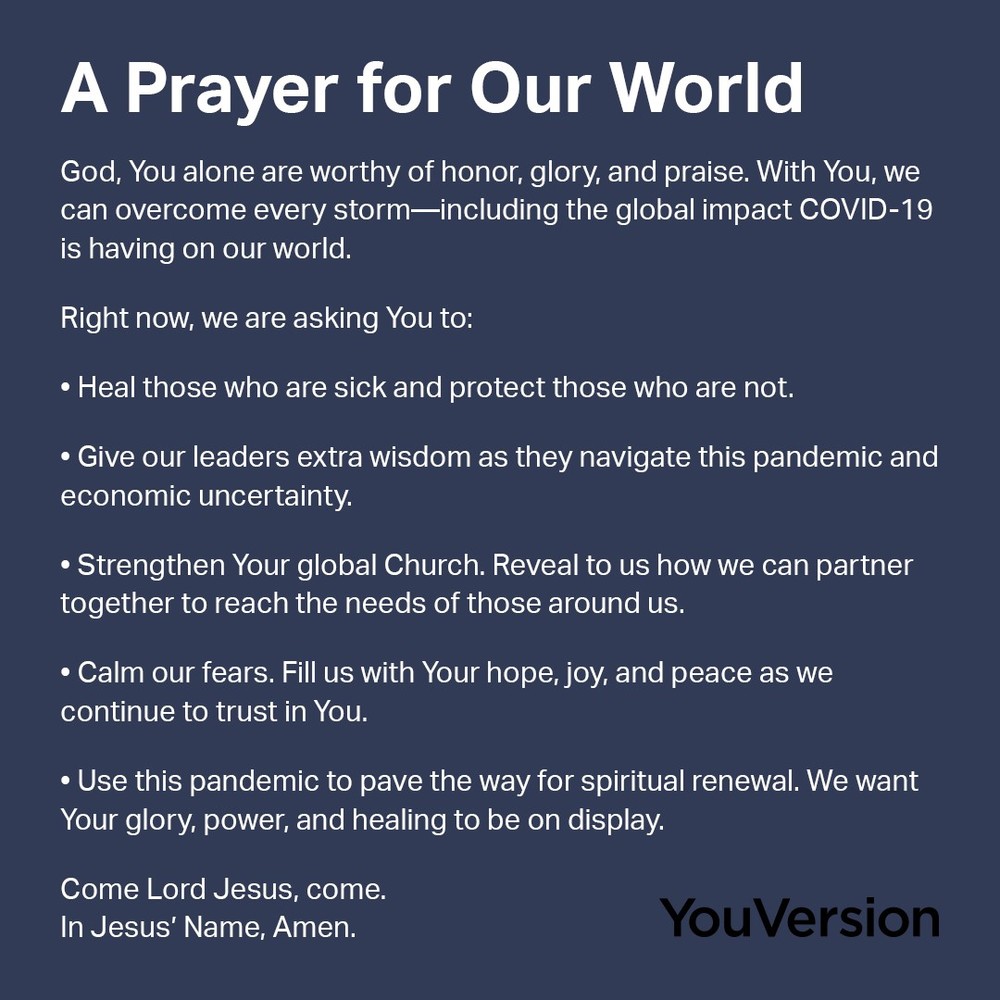
BUV Flourishing Churches Devotions
Congregational Life Part 2 – Engagement
by Rev Robert Hayman – Regional Pastor, East
As I sit and think about what it is that “Engagement” adds to a flourishing church, I look out to my garden which for this time of the year is looking quite good. You could say it is flourishing despite it being the middle of winter and the frosts are heavy and regular. The grass is a bit brown because of the frosts and the flowers aren’t plentiful and new growth is of a minimum. But taking into account the season things are looking pretty good.
I am sure that if you stop and reflect on Congregational engagement in your church, it might not be as quite as obvious or to the level it was 12 months ago. This season we are in will change our expectations and opportunities. But it does not change the importance or impact that engagement within our congregations have on the health and vitality of our churches.
So much of our normal engagement use to happen on Sundays as we met for worship, mid-week as we attended or were involved in different ministries, small groups in people’s homes and the various other incidental meeting and catch ups that happened throughout the week. Most of these are no longer happening and yet engagement is just, or even more, important now than it has ever been. Having said this, even in “normal” times when there are lots of people around, interactions each day and meeting, ministries and the like it does not make engagement any easier. In fact we can hide behind all these interactions and tell ourselves we are engaged, when really we “see people but they look like trees”(Mark 8:24). Regardless of the season, true engagement only comes when we are intentional.
Jesus walked around and was engaged with people, individuals amongst the crowds of people. In John 5:1-8 we read the story of the paralysed man who had been waiting at the pool for 38 years trying to be the first into the pool when the waters stirred so he could be healed. Jesus came onto the scene and saw the crowd around the pool all wanting healing (we assume), His eyes however fixed on the one person. Jesus walk in, over and around many others to get to the one man and asked him “What do you want?” Jesus healed him and they both walked away, leaving many others still sitting by the pool waiting.
This is a bit confronting, but also very liberating. Jesus could have stood outside the crowd and healed them all with a simple declaration, but that would have not been engagement. They would have all left physically well but still spiritually blind and lame. However, Jesus saw the individual and engaged with him. Notice, He did what He did so often, ask the obvious question to the lame man “what do you want?”. This is where the engagement happens, not the healing. Jesus did not, nor did He ever assume that the obvious need was what the individual really wanted/needed. Jesus was very intentional in His engagement with others.
Sometimes we can be overwhelmed with situations and needs. In this season, there are so many who need to be engaged that we become paralysed and think the task is too big, too hard. We can all follow the example of Jesus and look at the individuals around us, rather than the “crowds”. We may walk past many to get to the one that God is drawing us to engage with at this time. Andy Stanley puts it this way, “Do for one what you would like to do for the many”.
During this season, we need to be even more intentional than ever to engage with individuals. This should come out of a growing relationship with have with God as He engages with us each day, starting with the question – what is you want/need?
Questions for consideration and discussion
1.What does engagement look like in this season, what are some creative ways to engage with people?
2. As you reflect on Jesus’ ministry, what insights come to mind as you think about how He engaged with people?
3. Who is it that God is asking you to engage with this week?
4. How can we ensure that no one is left “alone and forgotten” as we engage with the one?
5. What’s the one thing you are going to do this week to engage with someone?
Blessings,
Rev Robert Hayman
BUV Regional Pastor





